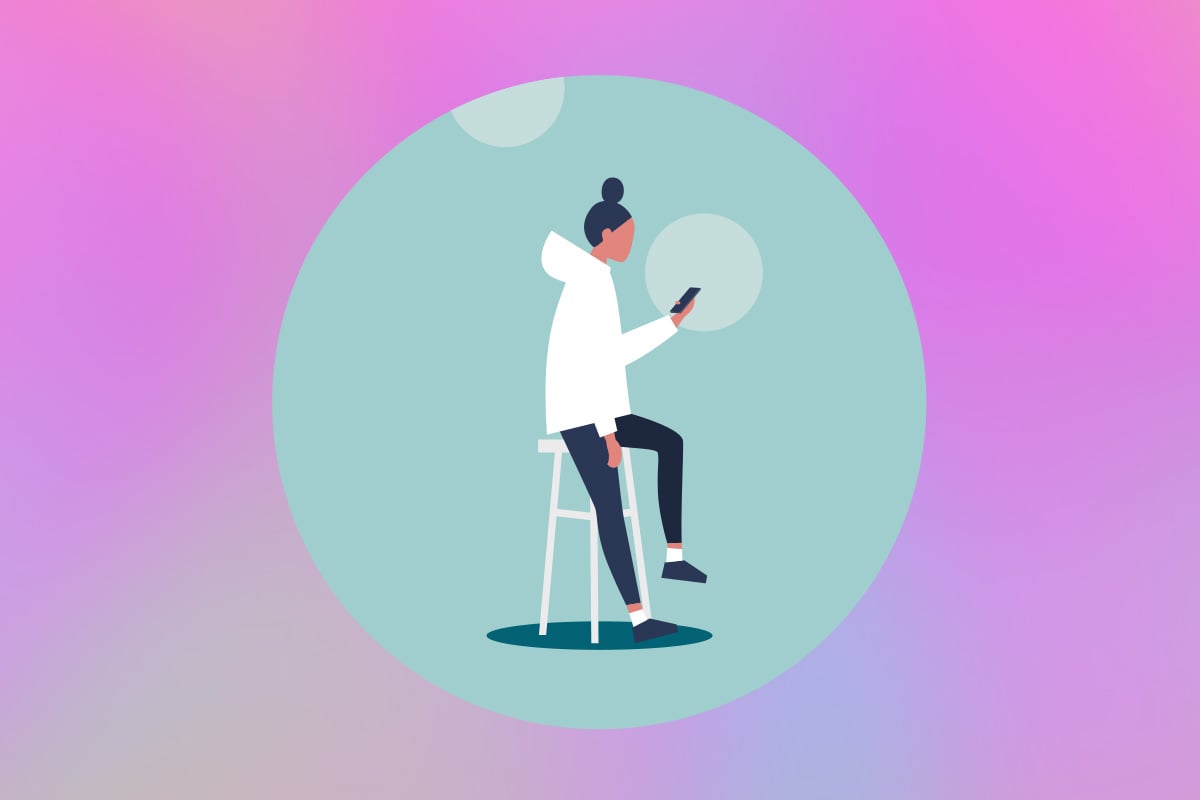
At work, at a party, at a family gathering, you’ve probably heard this conversation play out:
“How’ve you been?”
“So busy!”
“ME TOO.”
“How’s work/the kids?”
“Work’s nuts/The kids are so busy/Getting through it all!”
“Same.”
Pause.
There is nothing inherently wrong with this conversation. It’s small talk, and sometimes the situations call for it.
But one thing we’re getting extremely good at in social interactions is masking. We mask what’s really happening. We default to ‘busy’ because we all know that there’s nothing worse in our society than looking like you’re doing nothing.
We apply the same rule to our social media lives. We’ve become experts because we perform ‘busyness’ online, every day. What we don’t do is say that we’re lonely.
On a digital level, we’re more connected than ever. And yet, somehow we feel distant.
We’re trying to bridge this gap between the real ‘us’ that people know in person, and the digital ‘us’ we present to the world. The problem is, when the digital ‘us’ starts to control our feelings too much and affects how we perceive reality.
It’s that old cliché that you can be in a room full of people and feel completely alone, and it’s never been truer.

Top Comments
Thank you for a great well thought out article. I'm not addicted to social media, and I like being alone, and yet, I often feel lonely. I'm not close to my family, nor do I have a partner or children so there's a big gap. My community is the family I work for.